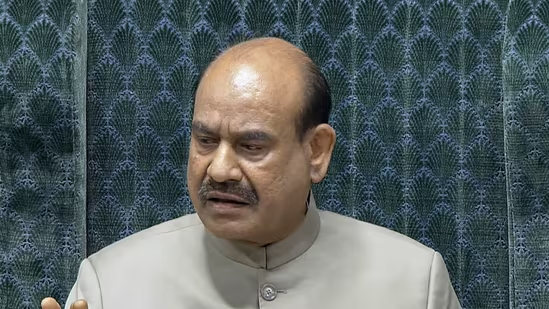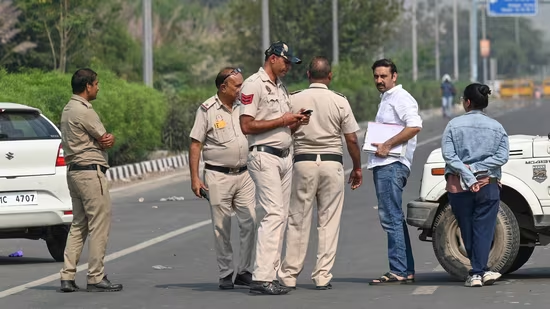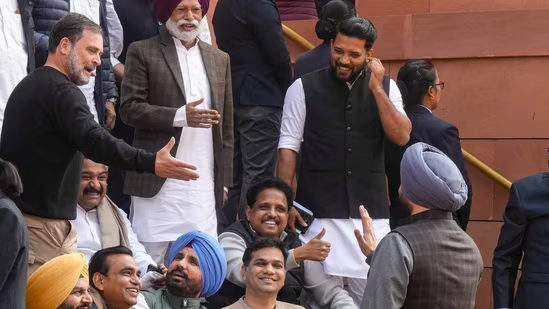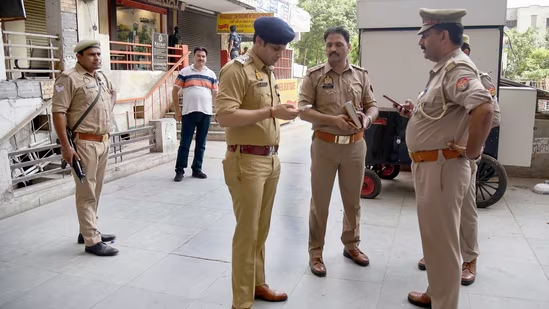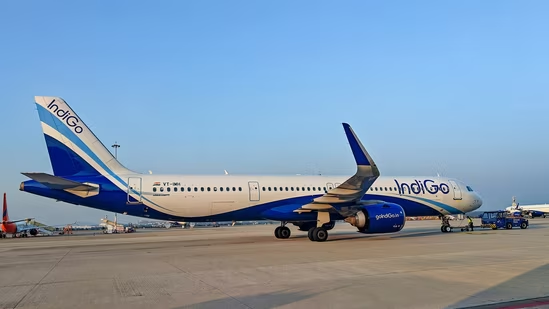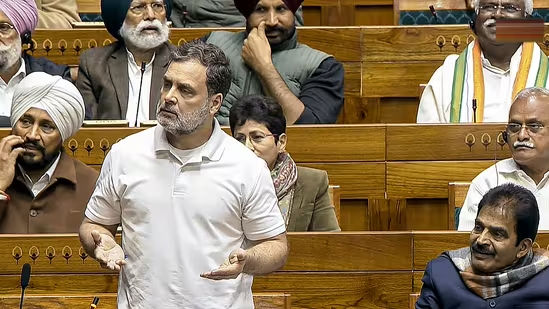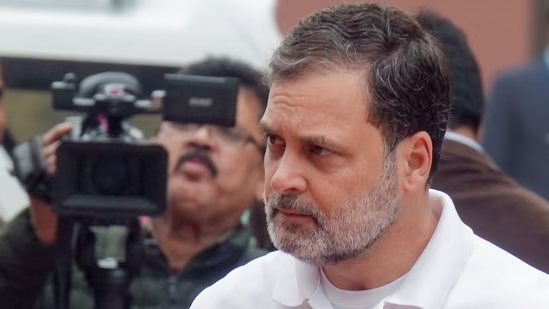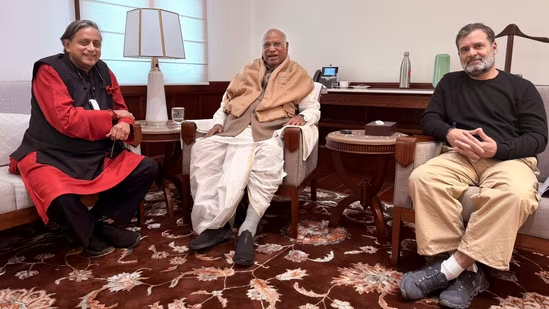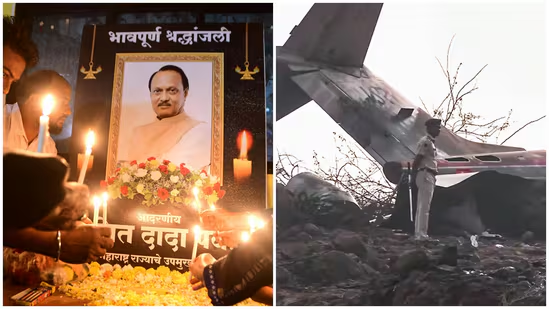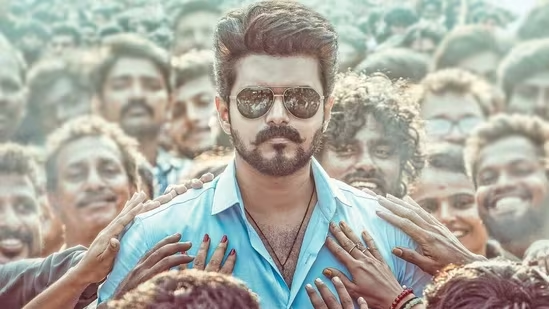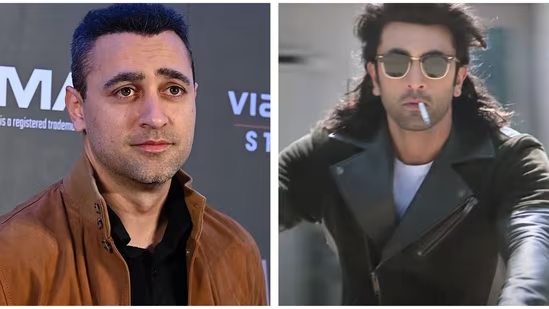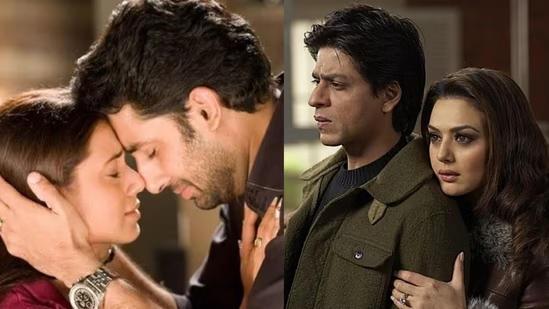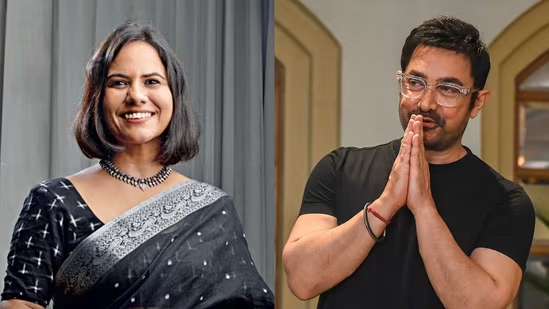In a major relief for thousands of Indian professionals and students in the United States, the Trump administration has clarified that recent international graduates sponsored for H-1B status while already in the country will not be required to pay the steep $100,000 fee introduced last month. Officials had earlier also stated that existing H-1B visa holders will not be required to pay the fees announced last month.
The clarification comes after weeks of confusion following Trump’s proclamation, which mandated the steep annual fee, equivalent to around ₹90 lakh, for employers sponsoring technically skilled foreign workers. The fee was scheduled to take effect from 12.01 am ET on September 21, triggering panic among Indian workers, US employers, and immigration attorneys.
Relief for existing visa holders
In its latest guidance, the US Citizenship and Immigration Services (USCIS) said the $100,000 fee will not apply to anyone already in the United States on a valid visa, including F-1 student visa holders, L-1 intra-company transferees, and current H-1B visa holders seeking renewals or extensions.
The proclamation “does not apply to any previously issued and currently valid H-1B visas, or any petitions submitted prior to 12:01 a.m. ET on September 21, 2025,” the agency clarified. It also stated that H-1B holders can continue traveling in and out of the United States without restriction, addressing one of the biggest concerns raised after the fee announcement.
The USCIS further confirmed that existing foreign nationals applying for a change of status – such as international students on F-1 visas transitioning to H-1B jobs – will not have to pay the new fee.
Why Indians were most affected
The announcement comes as a major reprieve for Indian tech professionals, who form the backbone of the H-1B visa program.
There are around 300,000 Indian workers currently in the US on H-1B visas, mostly employed in the technology and services industries.
Indians account for about 70% of all new H-1B visa allocations, followed by Chinese nationals at 11–12%, according to US administration data.
The H-1B visa allows highly skilled workers to live and work in the United States for up to three years at a time, with a possible extension of another three years. Each year, 85,000 new visas are awarded through a lottery system.
Previously, visa application costs ranged between $215 and $5,000, depending on company size and category.
The new $100,000 fee would have been 20 to 100 times higher, exceeding the median annual salary of many new H-1B workers, according to an analysis by Hindustan Times.

Experts warned that the fee could “effectively kill the H-1B programme” by making it unaffordable for many employers and startups.
Impact on the Indian-American community
For India, the stakes are high. The H-1B visa has long been a gateway for middle-class upward mobility, with many Indian families building lives in the US through this route.
Researchers behind The Other One Percent, a seminal study on Indian-Americans, have noted that the H-1B visa has been instrumental in making Indian-Americans one of the most educated and highest-earning communities in the US.
When counted with dependents, H-1B visa holders make up roughly one-fourth of the 3 million–strong Indian-American population, highlighting the community’s deep reliance on the programme.
Indian IT companies such as Infosys, Tata Consultancy Services (TCS), and Wipro have historically used the H-1B visa to deploy engineers to US client sites. American firms like Amazon, Microsoft, and Google also depend heavily on H-1B workers, many of whom are Indian graduates from US universities.
Political fallout of new H-1B visa fees
Trump’s $100,000 fee drew swift reactions both in the US and India. US Commerce Secretary Howard Lutnick defended the move, saying it was designed to attract “high earners” and discourage companies from bringing in “low earners who take jobs from Americans.”
He added that while H-1B quotas remain at 65,000 regular and 20,000 advanced degree slots, “there’ll just be less of them issued.”
There was also a political row in India after Trump announced the fees. Leader of Opposition Rahul Gandhi accused Prime Minister Narendra Modi of failing to protect Indian workers’ interests, while Congress chief Mallikarjun Kharge called the fee a “birthday gift” from Trump to Modi – referring to the US President’s recent call to the PM.
Centre said it was studying the implications of the new policy. Meanwhile, Prime Minister Modi, speaking in Gujarat, reiterated his call for “self-reliance,” saying India’s “only real enemy is dependence on other countries.”





